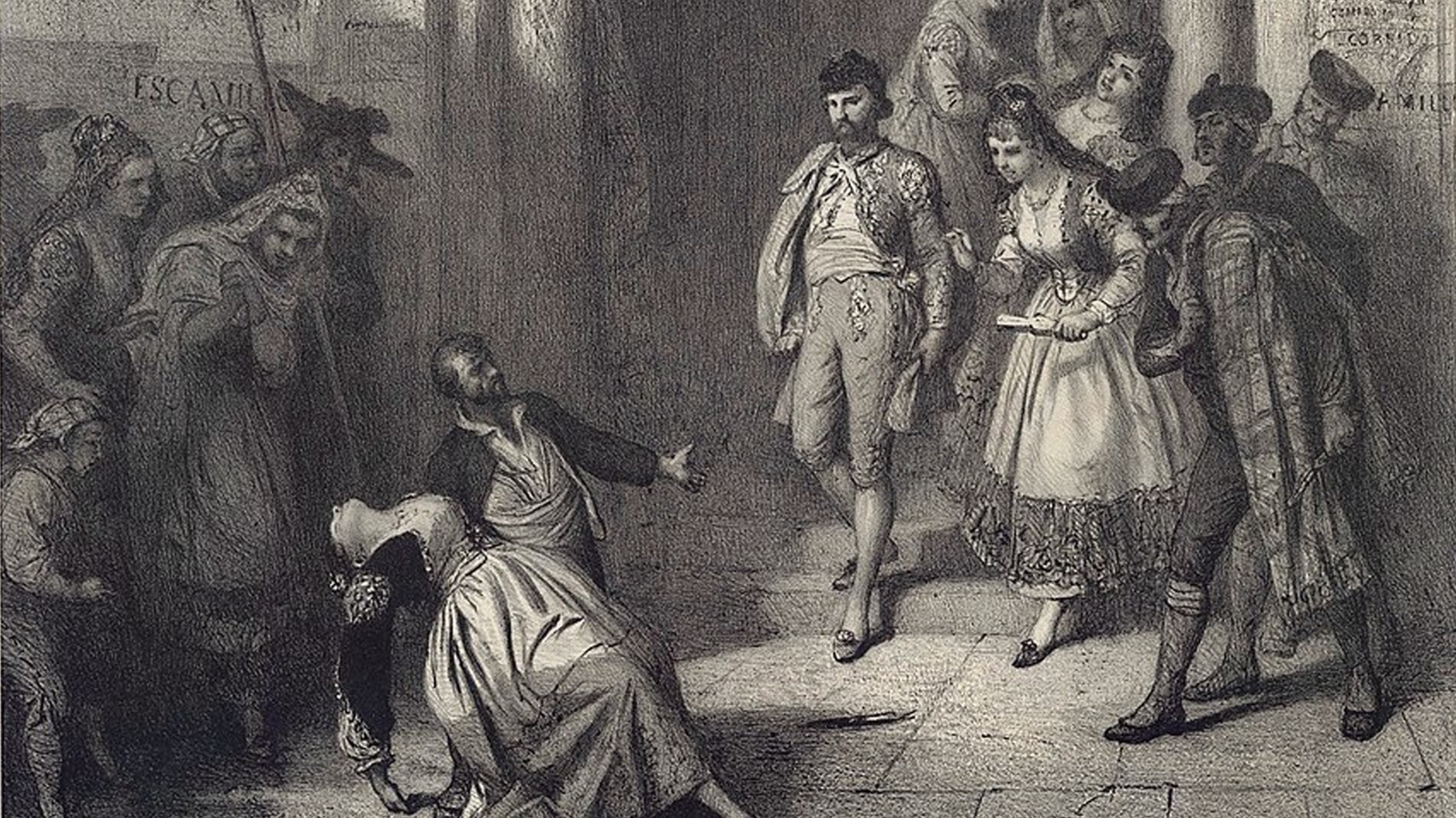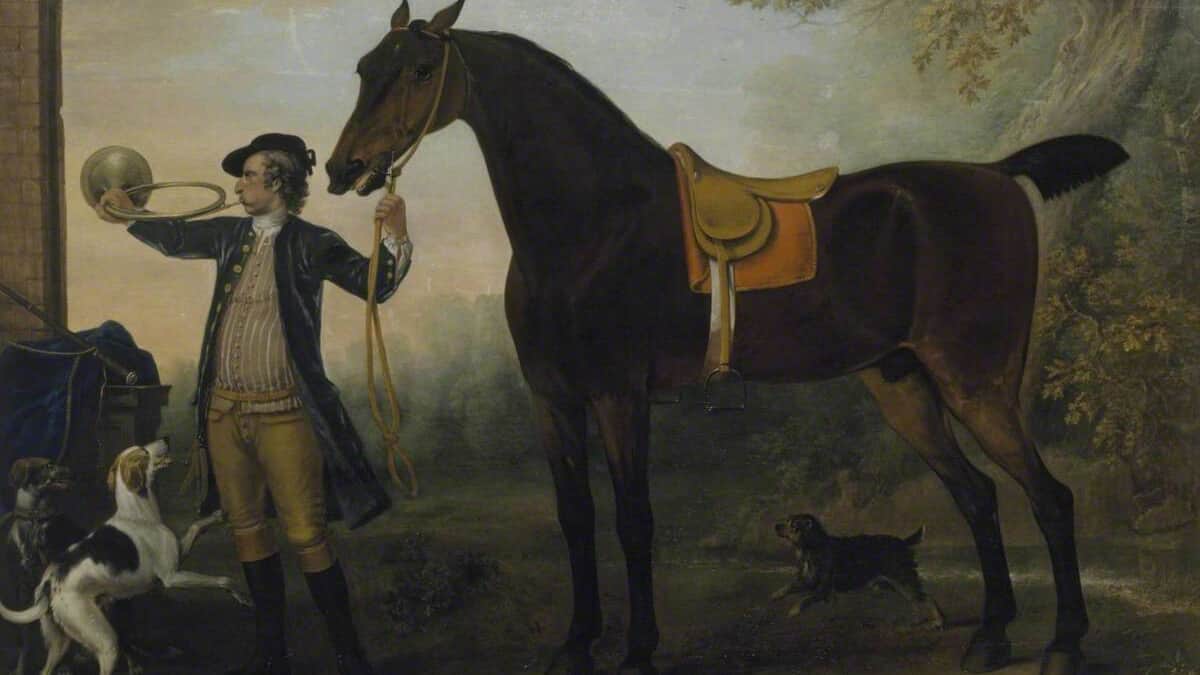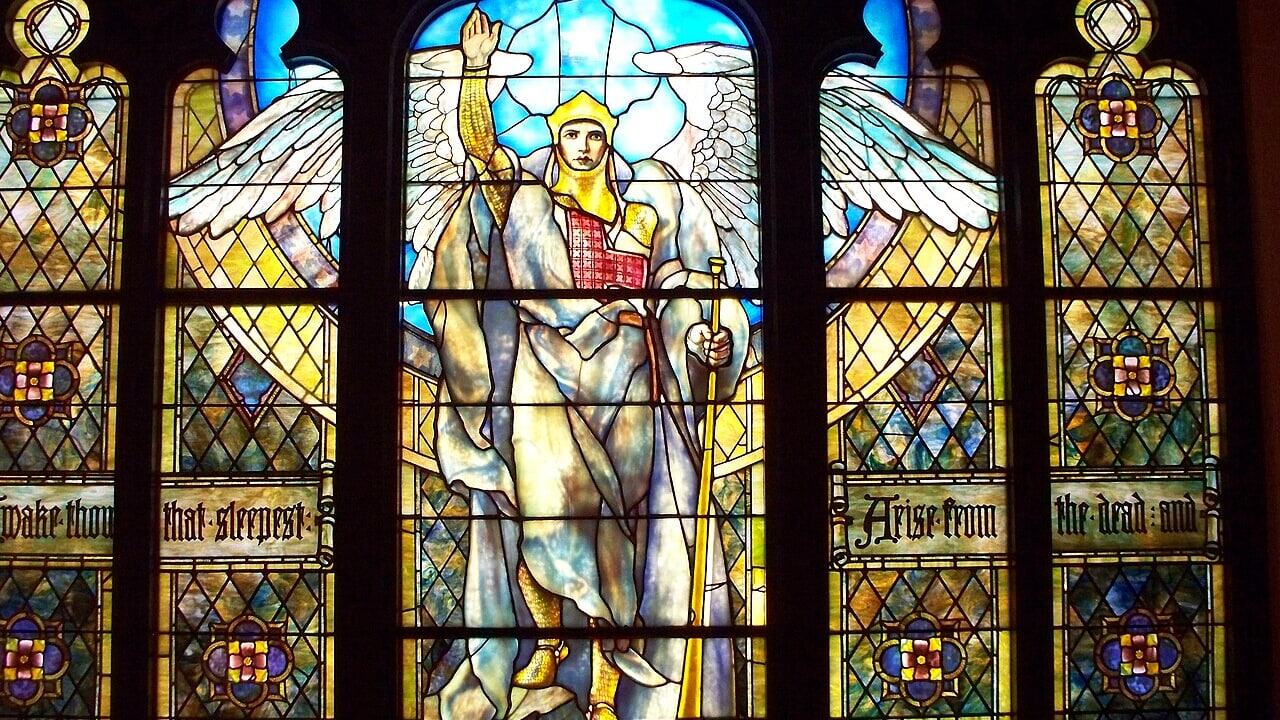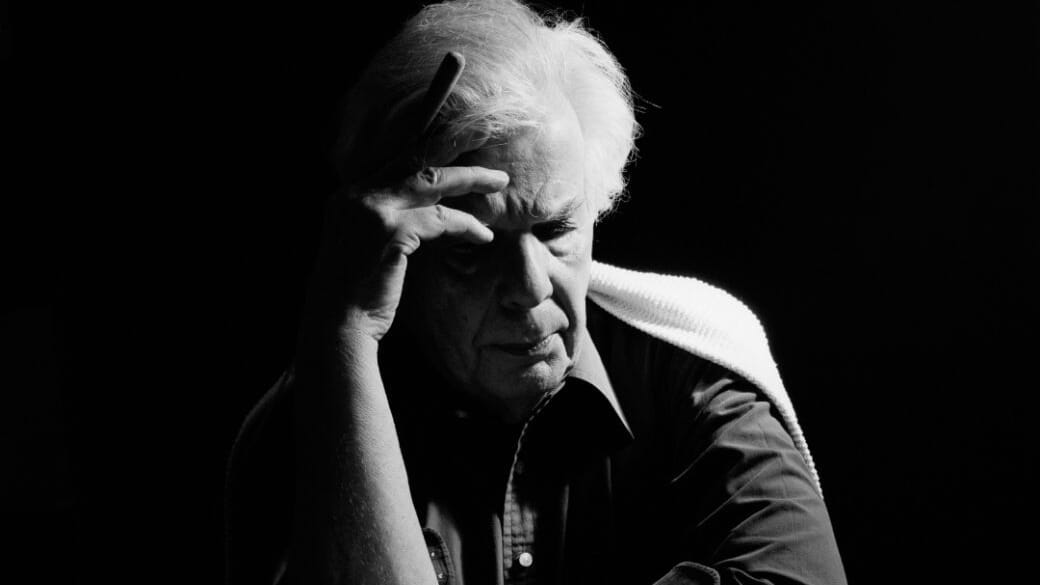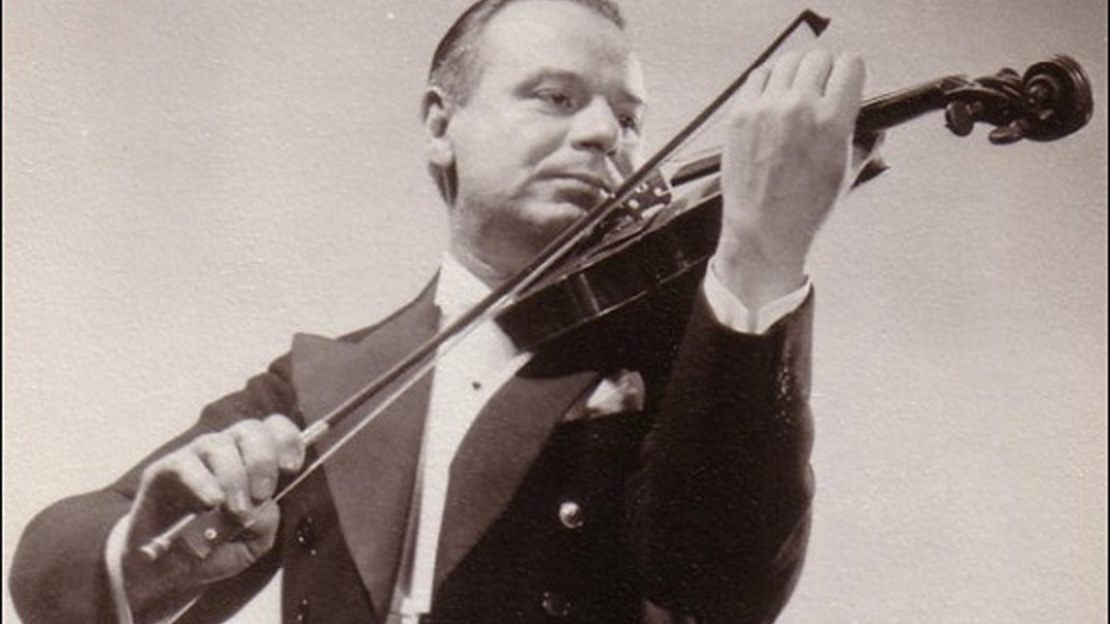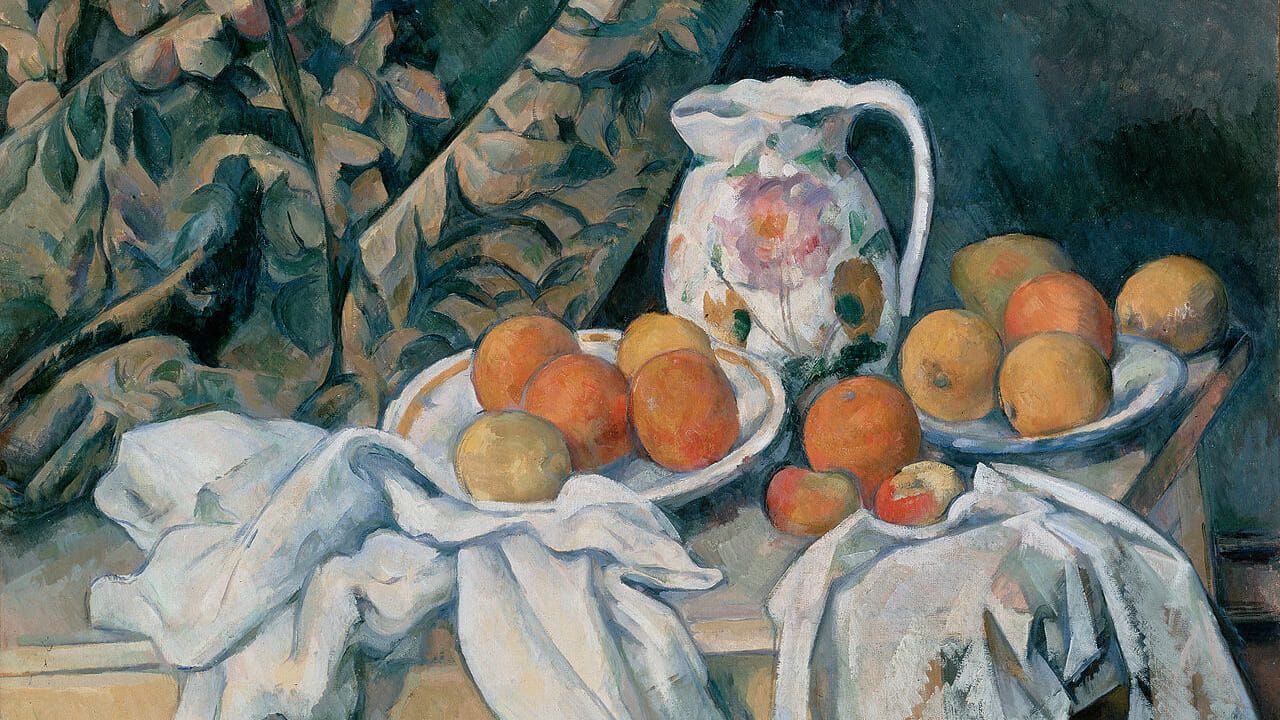Bizet’s “Carmen”: Three Celebrated Excerpts
Filled with infectious melodies and sultry exoticism, Georges Bizet’s 1875 Carmen is one of the most popular and performed operas. Set in Seville, Spain, it tells the tragic story of a free-spirited Romani woman (Carmen) who seduces the soldier, Don José. He leaves his fiancée and deserts the army to be with her, but Carmen soon grows tired of his obsessive love. Carmen leaves Don José for the bullfighter, Escamillo. In the final …

